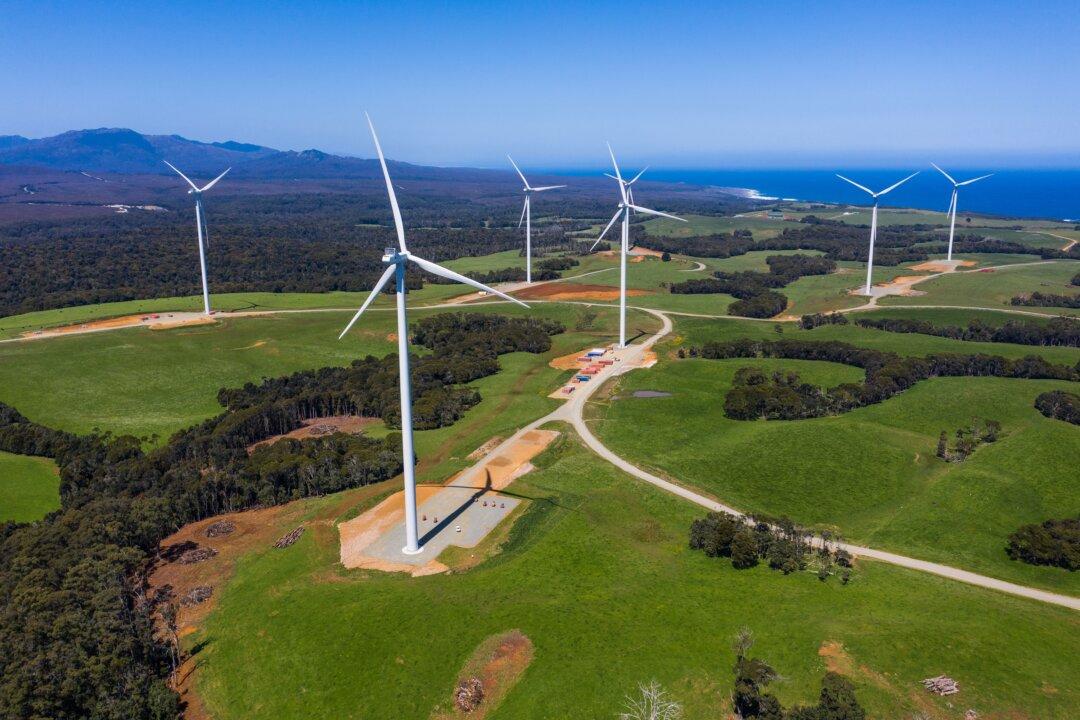The transition to net zero is critical to future prosperity, Prime Minister Anthony Albanese has told the second annual forum on Australia’s Economic Outlook.
He claimed it would build the country’s economic sovereignty and strengthen its energy security so that the country was “no longer the last link in the global supply chain.”





